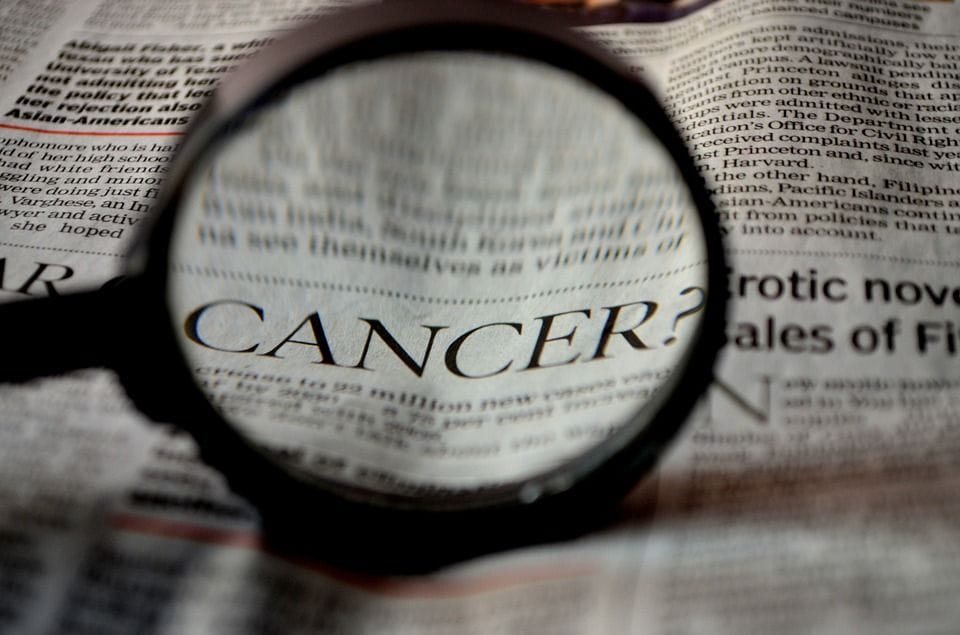Image Source: Pixabay
A cancer diagnosis is one of the scariest things you can get. Unfortunately, about 40% of men and women get a cancer diagnosis. Cancer is one of the main causes of death globally, and you should always take a diagnosis seriously.
However, it is also important to note that there is a chance you could be misdiagnosed. Cancer misdiagnosis is common, and you should know how to detect it.
Signs of Cancer Misdiagnosis
If you are diagnosed with cancer, you should stay aware of your state through the different stages. After your diagnosis, seek a second and third opinion to ensure that your doctor hasn’t missed anything.
This is important regardless of whether or not they diagnose you with cancer. According to Delayedcancerdiagnosis.org, 12 million Americans get misdiagnosed every year.
Here are a few signs that you may be misdiagnosed with cancer:
- Your symptoms do not improve even after you begin treatment
- The doctor has confirmed the diagnosis after only one test
- The treatment plan is not logically or medically congruent to your symptoms
- The doctor appears unwilling or unable to answer your questions
- The doctor seems to have disregarded some of your symptoms
- There appears to be a lack of communication between the medical team
Premature Cancer Diagnosis
A premature cancer diagnosis happens when your doctor makes a diagnosis based on just one test. In some instances, they could use tests that aren’t specialized. Some tests have a higher risk of giving false negatives than others. False negatives and false positives are common, and it is always a good idea to get a second opinion.
If you have a suspicious lesion or growth but tests show negative results, retesting the area is necessary. Similarly, it would be best if you had it tested again when a test shows positive results.
Faulty Screening
Some cancer diagnosis methods are more likely to provide faulty results than others. Breast cancer mammography, for example, has a 20 percent risk of failure. Dense tissues can shadow test results, making it difficult to identify abnormal growth. Some kinds of diagnostic imaging may be unable to detect the presence of cancerous cells.
Why cancer Could Be Misdiagnosed
There are a few reasons for misdiagnosis in a cancer case. However, the general consensus is that the pathology department is responsible for most of these mistakes.
Tissue samples are examined under a microscope, and you could always miss something. In some instances, these departments may not have the resources they need for the job.
Misread tissue samples often result in false positive or false negative diagnoses. Lack of efficient communication across the different departments and incomplete Electronic Medical Records (EMRs) could also be causes of cancer misdiagnosis.
When You May Need a Second Opinion
There are a few instances when you should consider getting a second opinion. They include:
- Your doctor is unsure of the severity or type of cancer you have
- You believe that you could benefit from other treatment options
- Your doctor seems to have underestimated the severity of your cancer
- You have a rare disease
- Your doctor doesn’t specialize in the type of cancer they diagnosed you with.
If your doctors disagree on what is happening, ask them to get together and give you a clear answer. Speak freely with your doctors even if you think they have misdiagnosed you. Do not be afraid to ask questions or get opinions from as many sources as necessary.
Have you just been misdiagnosed with cancer? Finding out that your doctor was wrong could be devastating. You may have spent a lot of your time and money getting the wrong treatment.
Luckily, you can always get the correct diagnosis and seek treatment.
Senior Outlook Today is your go-to source for information, inspiration, and connection as you navigate the later years of life. Our team of experts and writers is dedicated to providing relevant and engaging content for seniors, covering topics such as health and wellness, finances, technology and travel.






